Tuesday, April 6, 2010
Review: "The Whisperer in the Darkness" by H. P. Lovecraft
This fifty-seven page story first saw publication in 1931. Howard Phillips Lovecraft was the definite successor to Poe, Hawthorne, Chambers and Bierce in the American tradition of weird fiction, but people often forget that he blended his weird fiction with science fiction. This story is no exception. It is my fourth favorite of his stories (my first three being: his novella, The Shadow Out of Time, his novella, The Shadow Over Innsmouth, and his short story, "The Colour Out of Space"), and I only place his short story, "The Dreams in the Witch House", as more frightening. I review it here because it does not get the attention it deserves next to his other great works of the so-called Mythos Cycle, such as "The Call of Cthulhu" and "The Dunwich Horror" (two very fine fictional pieces in themselves, no doubt). However, "The Whisperer in the Darkness" has a focus, plot complexity, tension and character development that is remarkable. It weaves together historical incidents (which were recent at the time Lovecraft was writing it in 1930 (i.e., the devastating Vermont Floods of 1927), with New England folklore from both European settler and American Indian traditions, and the author's own imaginative development in terms of fantastic detail and scientific, syncretic rationalization of superstitious beliefs about the mysterious qualities of remote hill country. Our central protagonist and first-person narrator is a professor of literature at the Lovecraft-invented Miskatonic University in Arkham Massachusetts, Dr. Albert Wilmarth. Yet here we also have a secondary protagonist with whom Wilmarth has a suspensefully tenuous through sincere and mutual connection: Henry Wentworth Akeley, a retired professor and scholar of Vermont folklore, who has recently returned from his campus-based career to spend his remaining days on the lonely farm he inherited from his forebears, situated at the foot of Dark Mountain, and with the closest community being some miles away in Townshend, Vermont. The two men discover each other when Akeley responds to an article picked up by the regional newspapers quoting Wilmarth's viewpoint on strange corpses of unknown species reportedly washing up or floating by during the floods. Wilmarth is a skeptic, though sympathetic to the traditional rural imagination as a pleasant curiosity of which he himself as a known antiquarian interest. Akeley sends Wilmarth a personal letter of scholarly and well-reasoned content that argues against the skepticist position on the matter, by revealing details of recent personal experience that point to an even more complex reality behind those purported remains of unlikely nature. Wilmarth recognizes the quality of a fellow intellect in this letter of introduction, and intuits that Akeley may not be mad, even if his powers of reason have taken the wrong track. A healthy correspondence begins, but after certain items of physical and recorded evidence are mailed to Wilmarth from Akeley, their communications begin to be disrupted, and even invaded by a third party. What is particularly creepy about this story is that Lovecraft presents us with human agents working for extraterrestrial intelligences, but the motivations of these individuals for forming such alliances is not quite known, and can only be partly surmised from certain cosmic revelations at the end of the story. These agents behave in a fascinating variety of ways that are not quite right in their determination to pass for normal, though they are obviously committed to preserving the secrecy of the activity of their alien masters. Akeley manages to get enough through to Wilmarth that his presence at the old farmhouse has aroused the displeasure of an unknown race dwelling in the remotest heights and dingles across Vermont's Green Mountains. Akeley suffers increasing harassment of a bizarre nature at night, which is now escalating to threats of invasion of his home, if not for the presence of self-martyring watchdogs and the reports of a gun Akeley has purchased to direct at the sources of strange sounds and voices coming from the nearby woods. The insidious nature of the non-human voices and the disturbingly indefinable noises associated with them (not to mention the fatal harm done to his kennel of dogs by each morning) makes this solitary old man of otherwise peaceable disposition feel quite justified in his use of violence. In the meantime, the human agents begin to mysteriously suborn other people so that they are able to intercept the mailings between the two scholars, and begin to impersonate Akeley in subsequent letters to Wilmarth. The literature professor, however, is not wholly deceived, though a part of him does not like admitting the implications of such an impersonation. Despite reassurances from the pseudo-Wilmarth, there is also a rather strident request that the physical evidence be mailed back to "him", even though originally Akeley had declared that they were to remain in Wilmarth's safekeeping. Wilmarth decides that his friend by correspondence must now be in grave danger, whether it be from some sapient alien species or simply from some strange secret society of mere human beings, and so he makes arrangements to finally visit Akeley, even though he realizes at this point he must do so through these weird middlemen. The rest I leave the reader to discover, though I will say that if any think it will lead to a supernatural explanation, guess again. The science fictional element carries the climax and resolution of the story, but fascinating and dreadful mysteries remain after the story ends, and this tale is no less frightening for not being supernatural or even wholly evil in terms of the nemesis. The antagonists have purposes as practically alien to human moral motivations of good and evil, as they are biologically alien to our world's biosphere. This is a rich reading experience, and I am happy to report that the Howard Phillips Lovecraft Historical Society is completing work on an accurate and evocative feature film version of this fictional work. This story may be most cheaply obtained in this authoritatively edited and superior collection that has remained steadily in print to the present: The Best of H. P. Lovecraft. Written by H. P. Lovecraft. Published by Del Rey. Copyright 1987.
Subscribe to:
Post Comments (Atom)
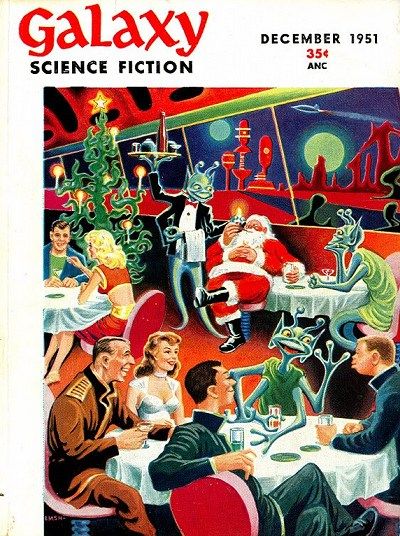





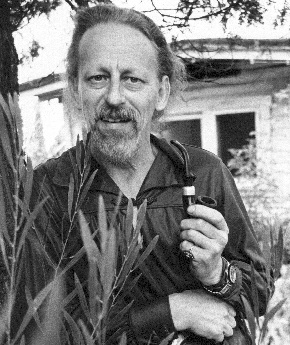


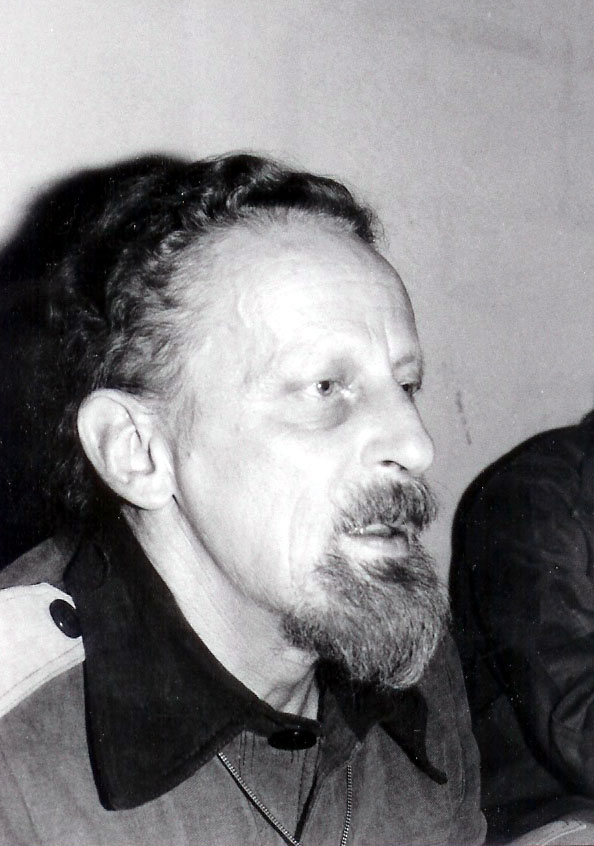



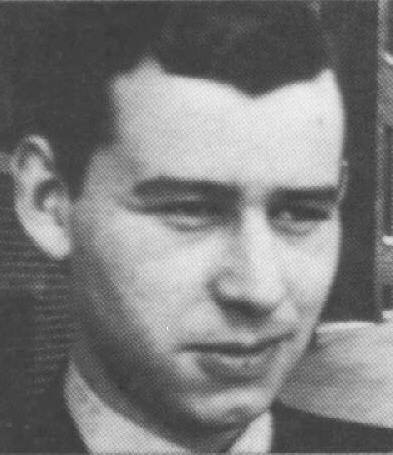




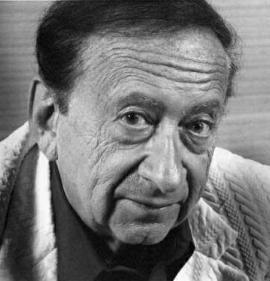

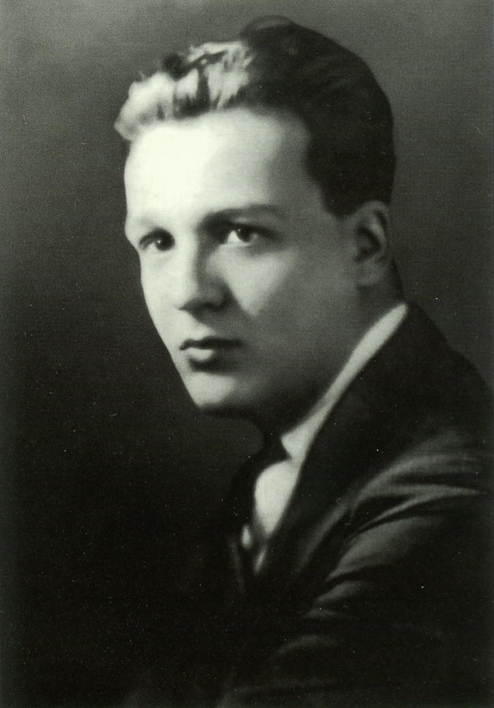



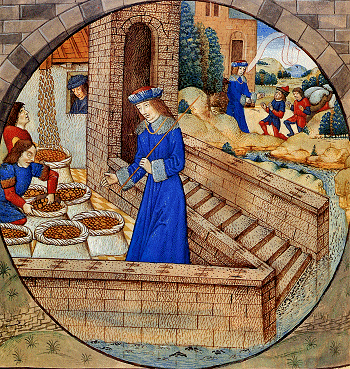


No comments:
Post a Comment